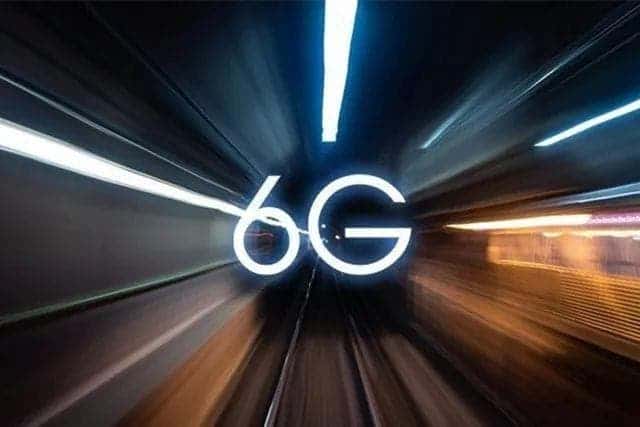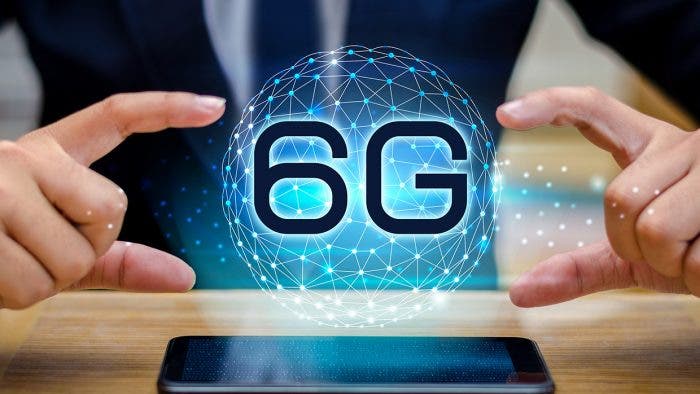South Korea is the first nation to commercialize 5G and it remains one of the few nations with good 5G coverage. According to recent reports, the company is already making plans towards 6G. A report from AJU Business Daily shows that South Korea announced a five-year national project on 6G today. The Asian country will invest a total of 220 billion won ($193 million) in the next five years for 6G Technology research and development. The country is cooperating with the U.S. and it is striving to launch commercial 6G by 2028.

This investment plan was put forward at today’s 6G strategy meeting. Participants included government officials, commercial companies, experts, and scholars. South Korea’s Minister of Science and Information and Communication Technology, Lin Hye-sook also said, “The next generation of mobile networks is the foundation of digital innovation. We should give full play to our creativity, and at the same time lead the international market in the 6G era based on our experience and technology in the network field”.
According to Samsung’s Communication Research Center, 6G is characterized by the provision of advanced services, such as true immersive augmented reality (XR), high-fidelity mobile holograms, etc. However, XR contains many complexities. The hardware and software can create content for virtual reality, mixed reality, etc.
6G network development will face four major challenges
At the summit forum of the “Fifth Future Network Development Conference ” held in Nanjing, Jiangsu, Gao Tongqing, deputy general manager of China Mobile Group, said that 5G has accelerated the interconnection of everything. He also claims that China has become an important leader in global 5G development. At the same time, he also shared some of China Mobile’s views on the future development of 6G.
Gao Tongqing believes that the economy and society are accelerating into the era of digital intelligence. Furthermore, the proportion of the digital economy in GDP is increasing every year. According to him, 6G will achieve endogenous capabilities, self-evolution, and self-optimization networks. Nevertheless, he believes that 6G will face the following challenges
- Basic theoretical innovation still needs a breakthrough. The existing theories and laws are approaching their limits. This means that 6G will need some more source technological innovations
- Technical standards face the risk of differentiation. Whether 6G can form a global unified standard is uncertain
- Uncertainty in the industrial model: the “horizontal integration” and “vertical integration” industrial organization model us uncertain
- The difficulty of ecological construction is increasing. 6G will expand more scenarios, integrate more fields, and empower more industries.




